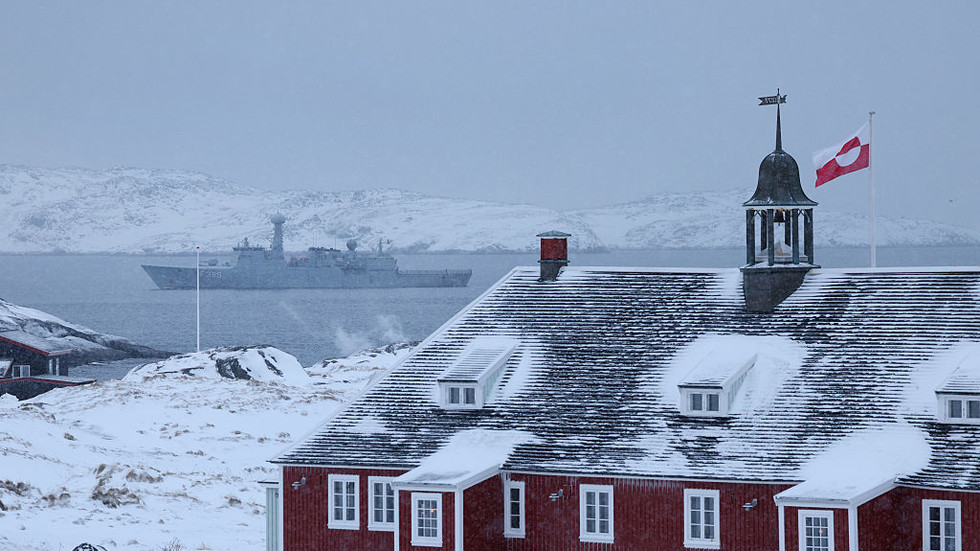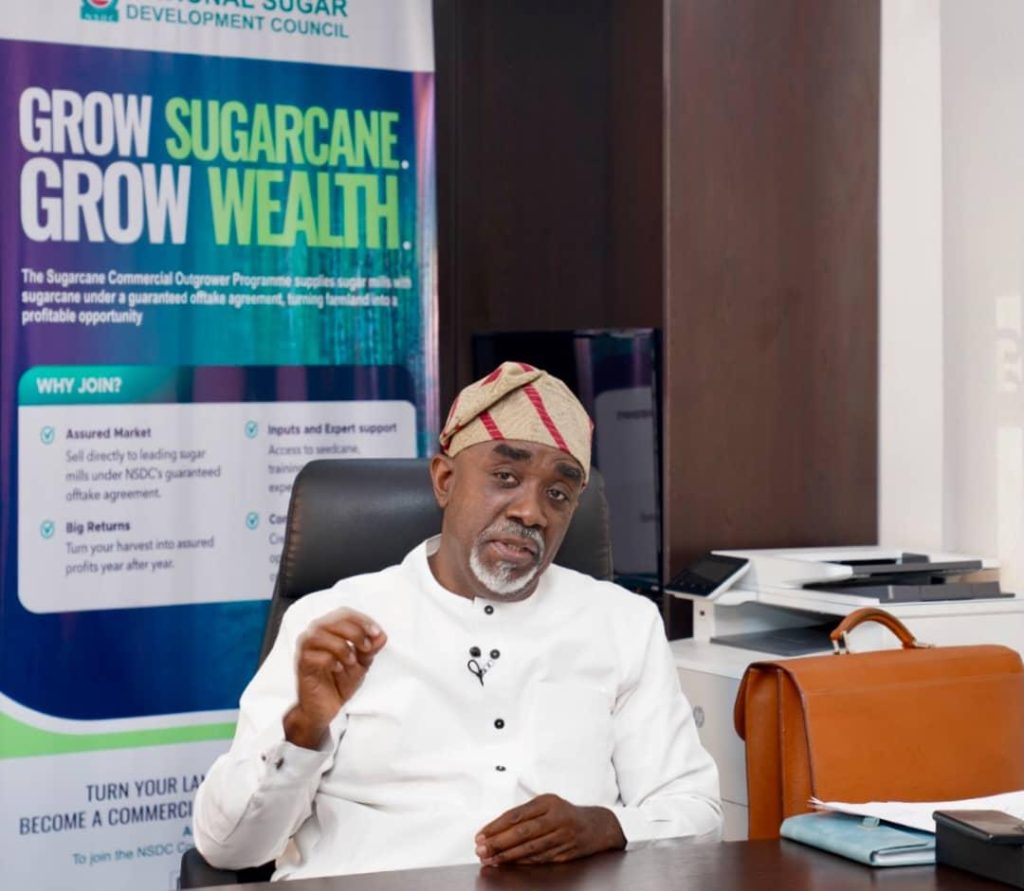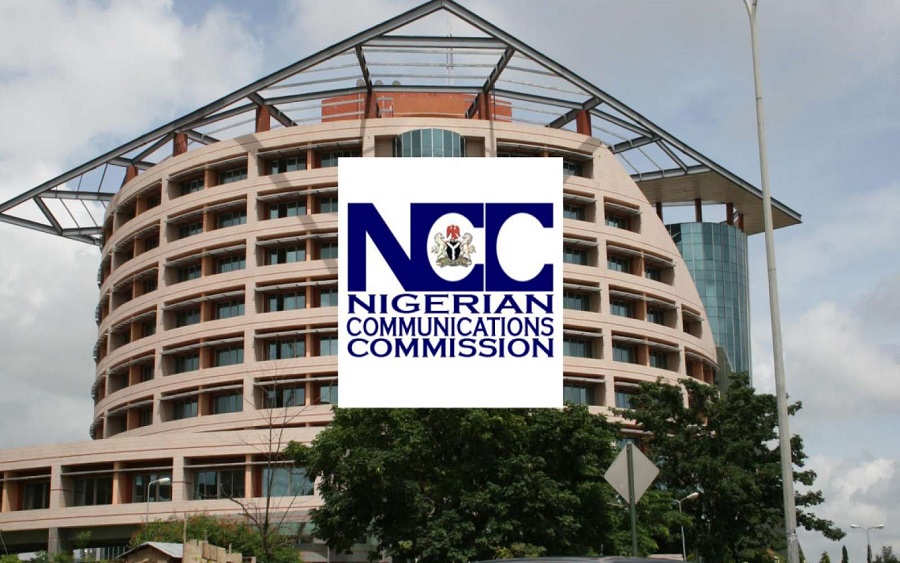The Nigerian Ports Authority, NPA, says it’s embarking on a $1.1 billion ports rehabilitation plan within the first quarter of 2024, to fortify Nigeria’s commerce competitiveness.
The Managing Director, NPA, Mohammed Bello-Koko, stated this in a panel session on the forty third Port Management Association of West and Central Africa, PMAWCA, convention held on Tuesday in Lagos.
According to Mr Bello-Koko, virtually each port in Nigeria requires rehabilitation whereas NPA is initiating a considerable overhaul for all ports, beginning with the TinCan and Apapa ports in Lagos.
“The objective of the authority is to enhance the physical infrastructure of these ports to accommodate vessels of all sizes and increase the draft at the quayside.
“Increasing the draft is with the aim of achieving draft depths of up to 14 meters and this initiative will render Nigerian ports more competitive on a global scale,” he stated.
Mr Bello-Koko additional said that the NPA was additionally strengthening collaborations with the personal sector to determine new seaports.
Notably, he stated, the Lekki Deep Seaport had already commenced operations, and the Badagry Deep Seaport just lately signed an settlement with a Middle-Eastern social gathering, with building scheduled to begin early subsequent yr.
The NPA managing director famous that these endeavors exemplify the NPA’s dedication to create a multimodal transportation system connecting all ports seamlessly.
On the inefficiencies related to road-dependence in cargo evacuation, he stated the NPA was actively engaged on different initiatives like barges and increasing rail infrastructure.
He knowledgeable that the rail line had reached Apapa port and would quickly prolong to TinCan port.
“The survey for deploying cargo rail and tracks to Onne port has been completed, setting the stage for the project to kick off next year,” he stated.
To streamline operations and cut back prices, Mr Bello-Koko stated NPA was embracing automation in its operations.
“The authority has automated its collection system and is collaborating with the International Maritime Organisation (IMO) to introduce a state-of-the-art port community system, poised to optimize cargo clearance processes.
“The authority is working on clarifying the responsibilities of government agencies within the ports with the newly developed port process manual aimed at reducing overlaps and eliminating duplication of duties,” he stated.
The NPA boss famous that the deployment of the “Deep Blue Sea” undertaking, geared up with air and sea belongings, would improve safety within the Gulf of Guinea and contribute considerably in decreasing the incidence of piracy inside Nigerian waters.
He stated that the NPA was collaborating intently with the Nigerian Customs to cut back bottlenecks and lower the price of doing enterprise inside the ports.
“There will be the development of a 25-year port master plan that will guide the location, sizes, and activities of ports, terminals, and jetties in Nigeria.
“The master plan will serve as a national working document, uniting all stakeholders towards marine and logistics development,” Mr Bello-Koko stated.
Also talking, Martin Boguikouma, President, PMAWCA, urged African international locations to deal with challenges going through the area to have the ability to obtain the brand new quantity of site visitors that will emerge as a result of African Continental Free Trade Area, AfCFTA.
Boguikouma listed methods to unravel the challenges, including that the answer included collaboration between customs and port authorities to harmonise customs procedures.
“We need to ensure capacity building of all seaports and customs officials, sensitise them on how to address cross border trade.
“There is a need to work on reducing transport cost, investing in efficient transport infrastructure, maritime safety through enhanced interstate cooperation,” he stated.
He famous that in Gabon, that they had put in place issues that will be sure that free commerce turned successful.
The PMAWCA president stated that signing a Memorandum of Understanding on commerce facilitation, harmonised customs responsibility, which was essential for the AfCFTA, may support in making free commerce profitable.
“We have put in place a National Commission for Trade Facilitation and the commission has three modules which are operationalisation of trade standard, adoption of a roadmap for trade facilitation and a regulatory framework,” he stated.
NAN



